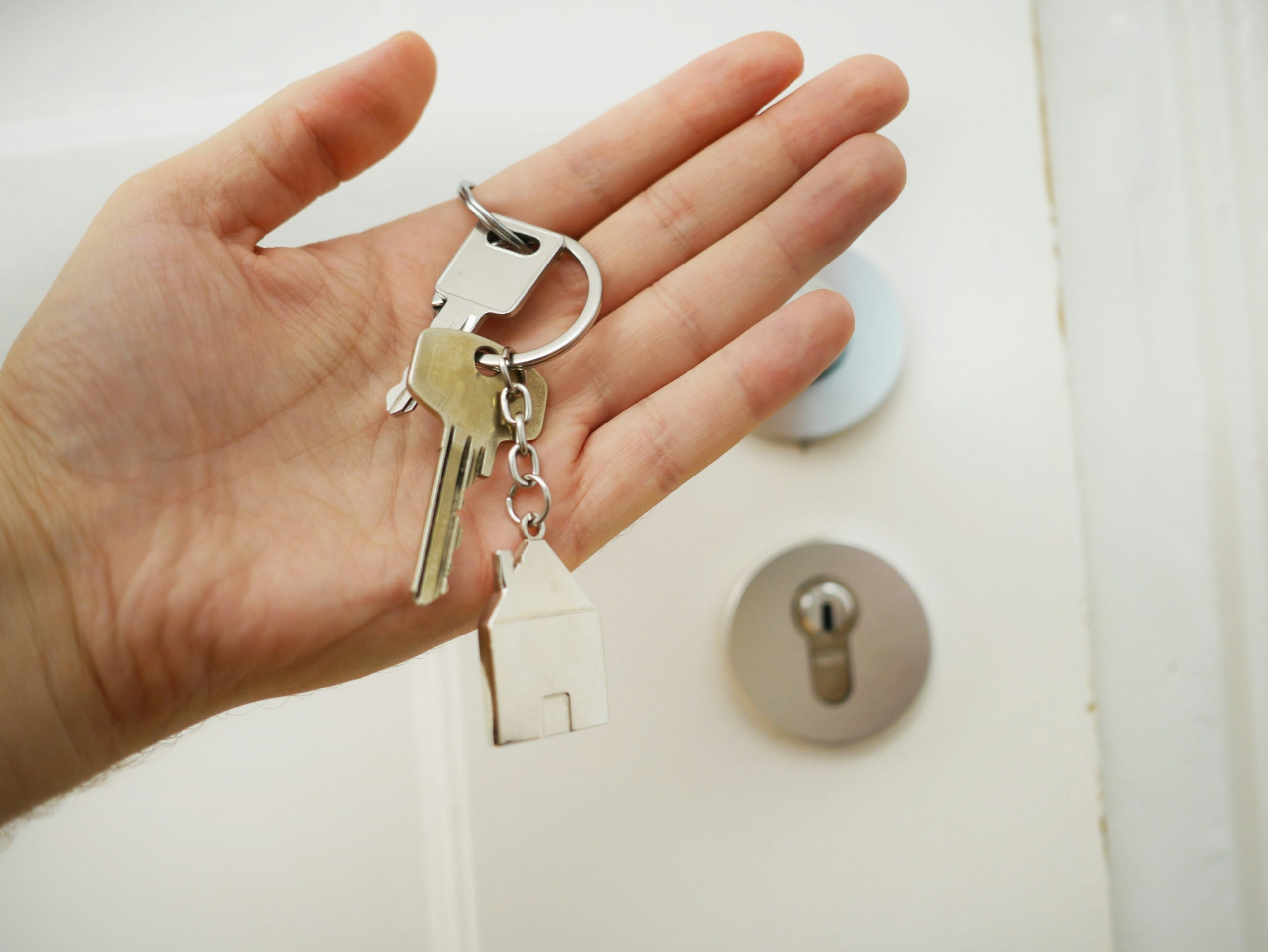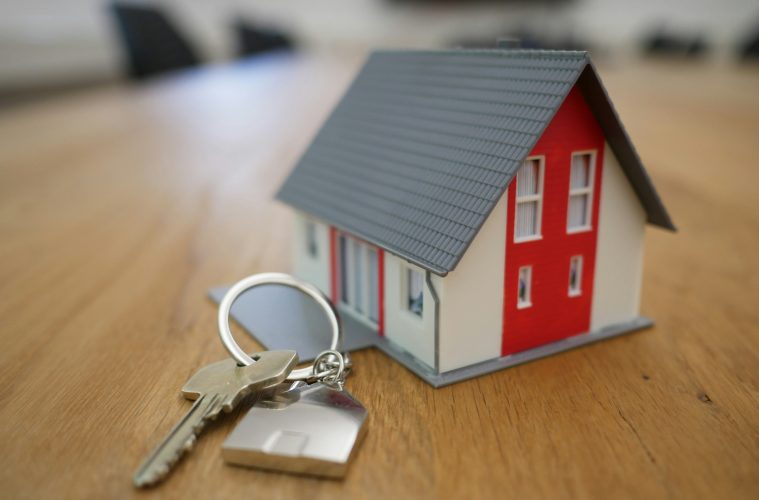Homeownership has stood as a beacon of achievement in the age-old narrative of success. But in this day and age, is the notion of renting for life – or even for an extended period – such a dire prospect after all?
This choice, to rent or buy, bears weight not only on one’s immediate financial status but also on the trajectory of their long-term prosperity and lifestyle. And in times of economic uncertainty, the stakes of this decision are amplified, demanding careful consideration and informed judgement.
The idea of owning property, which has long been hailed as the pinnacle of adult attainment, remains deeply entrenched in our societal psyche. Property, undeniably, continues to represent one of the soundest long-term investments available. Yet, in today’s economic fluctuations, soaring interest rates, and pervasive uncertainties, many find themselves at a crossroads, grappling with the decision to defer homeownership or plunge into the market despite potential repercussions.
The merits of homeownership are manifold, with the foremost being the accrual of equity. Through mortgage payments, individuals gradually stake their claim in their property, forging a valuable asset over time. This sense of ownership affords stability and the liberty to personalise living spaces, fostering long-term plans devoid of lease expirations or rent escalations. Moreover, tax incentives sweeten the deal, offering deductions on mortgage interest and property taxes, thereby lightening the burden of taxation.
However, the path to homeownership is not without its hurdles. Initial costs loom large, demanding substantial upfront investments comprising deposits, closing fees, and potential inspection expenditures. Ongoing maintenance expenses further punctuate the financial landscape, introducing an element of unpredictability to homeownership. And in a volatile real estate market, the inherent risk of property value fluctuations exists, casting shadows of doubt over future returns.
On the other hand, renting presents a compelling alternative with flexibility and minimal upfront financial burden. Renters have the freedom to relocate without the encumbrance of property sales, making it an attractive prospect for those anticipating frequent moves. With lower initial costs and limited exposure to property value downturns, renting offers a semblance of financial stability amid economic turmoil.
Yet, the rental path too has its limitations. One is the absence of equity accumulation – a stark departure from the wealth-building potential inherent in homeownership. Rent increases pose another concern, potentially undermining budgetary projections and eroding financial predictability. Additionally, renters contend with limited control over their living spaces, subject to the whims of landlords regarding alterations and renovations.
Navigating the split between renting and buying demands a nuanced understanding of one’s financial readiness, long-term aspirations, and prevailing market conditions. Financial stability, creditworthiness, and affordability form the bedrock of this decision-making process, alongside considerations of career trajectories and lifestyle preferences.

Pexels
Property expert Richard Huxham-Hardie from Hardie Property shared his insights on the topic of renting vs buying. Here is what he had to say:
‘Renting is paying someone else’s bond off. Property has proven consistently that it is the best long-term investment to make. The sooner you can get on the ladder, do it. Also, you don’t have to live in what you buy. Often first-time buyers are trying to afford their dream home and they either stay at home longer or end up renting whilst prices escalate. Buy what you can afford and start your property journey this way. If you can afford R1,500,000, find a property for that amount and either live in it or rent it out.’
Huxham-Hardie presents a good case study:
‘A popular area for families is Meadowridge in Cape Town. Two years ago you could buy a fixer-upper for R3,500,000. The same property is now R4 500 000 with properties remaining on the market for less than a week. Imagine you are trying to save up for a dream home at R3 500 000 plus transfer duty and the price escalates by R1 000 000 in two years?’
Huxham-Hardie says that Cape Town in particular is only going to become less affordable for first-time buyers so it is important to get your foot on the bottom rung of the ladder now.
He adds: ‘The real sting in the tail is that rental prices have also escalated post-Covid and if you are trying to save whilst renting, it will feel like you are treading water. Those who bought during and right after Covid are the ones smiling like Cheshire cats.’
Market trends must be meticulously analysed to seize opportune moments amid downturns. Additional costs and responsibilities must be weighed against the potential benefits, with prudent financial planning serving as a guideline.
Potential buyers are advised to conduct thorough research, crafting personalised checklists to align their needs with their budgets. Securing a substantial deposit not only bolsters bargaining power but also diminishes long-term financial liabilities. Shopping around for favourable mortgage deals and enlisting the aid of property experts are essential steps in this journey, ensuring informed decisions and optimal outcomes.
Whether one opts to rent or buy, the decision is deeply personal, with deciding factors such as financial considerations, lifestyle preferences, and long-term aspirations.
Planning to renovate? Here are 6 questions to ask before hiring an architect
Originally published on BONA Magazine compiled by Adrienne Bredeveldt
Feature image: Unsplash


